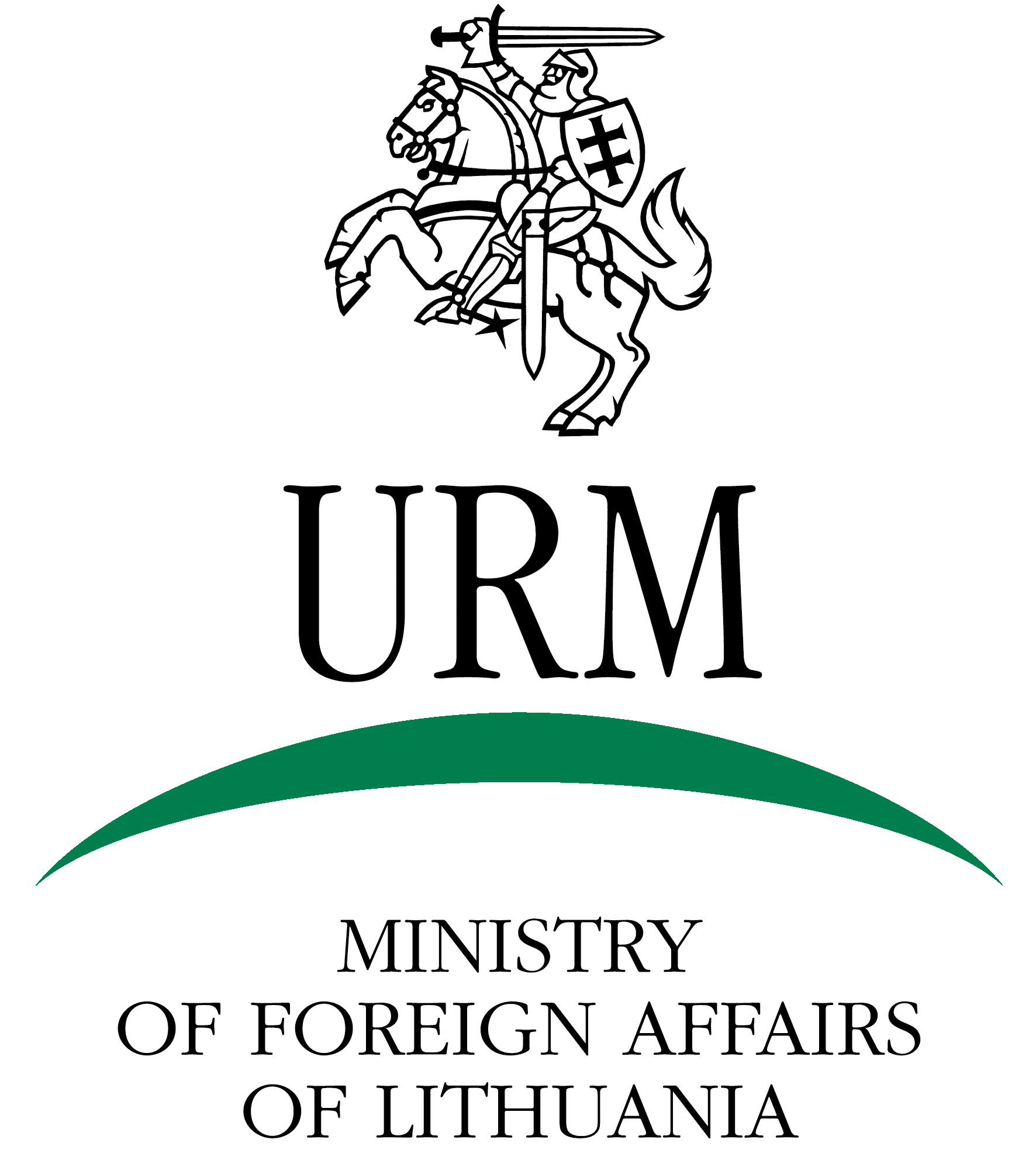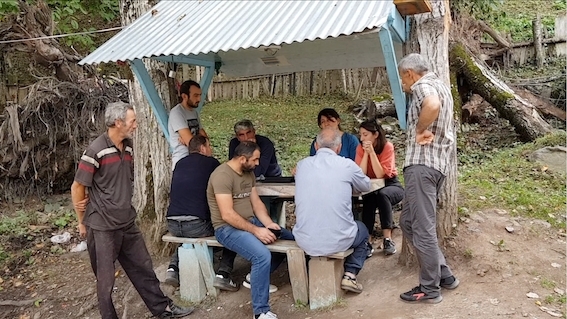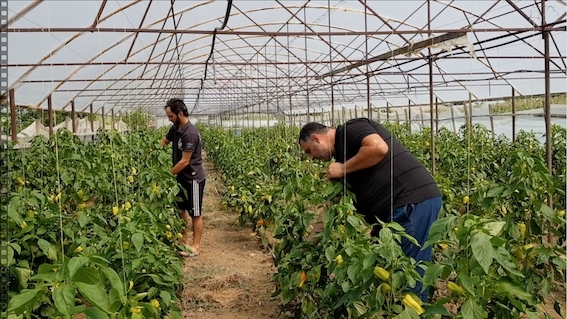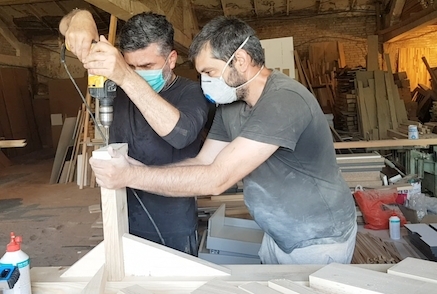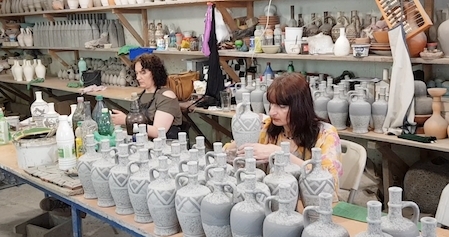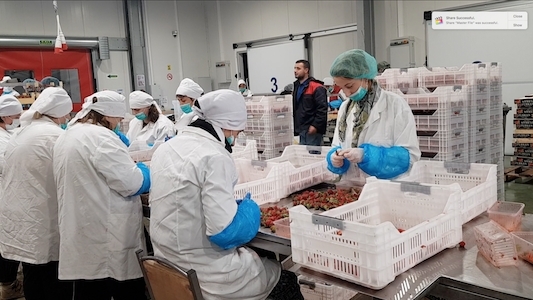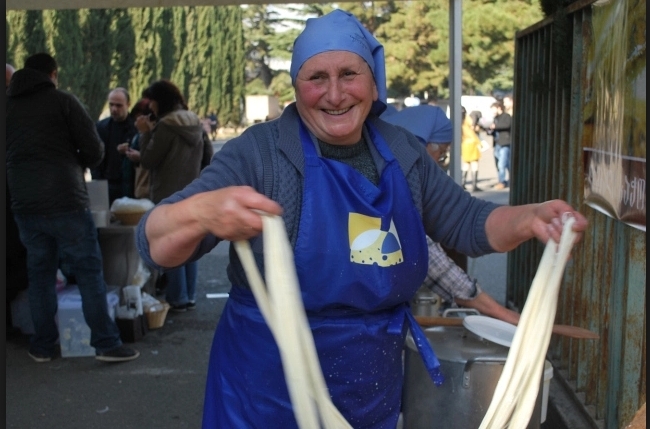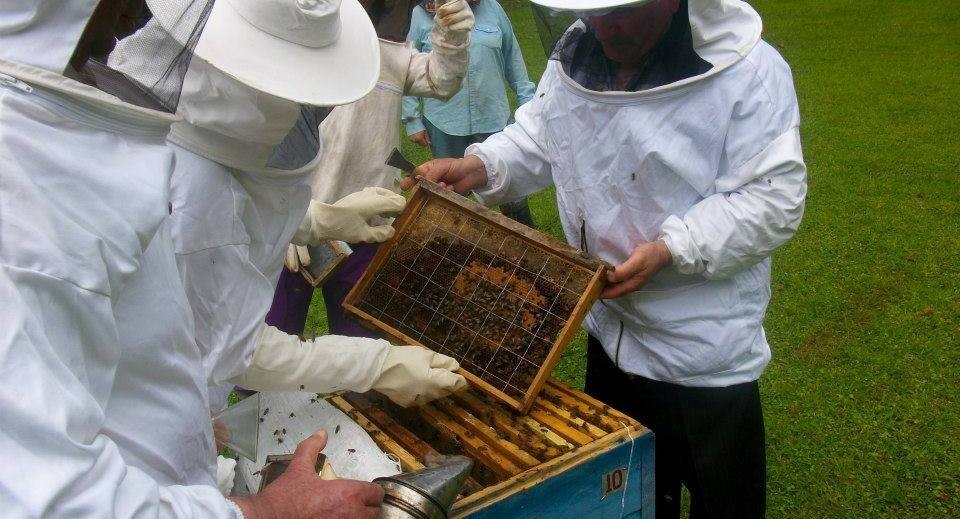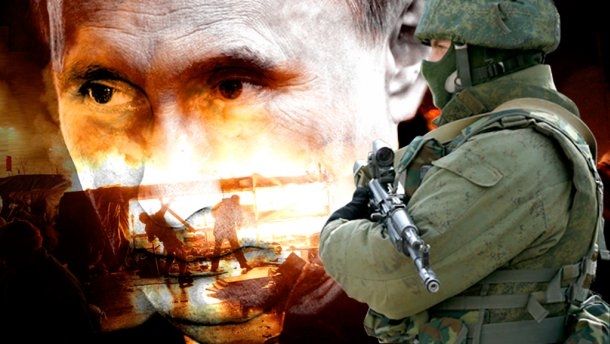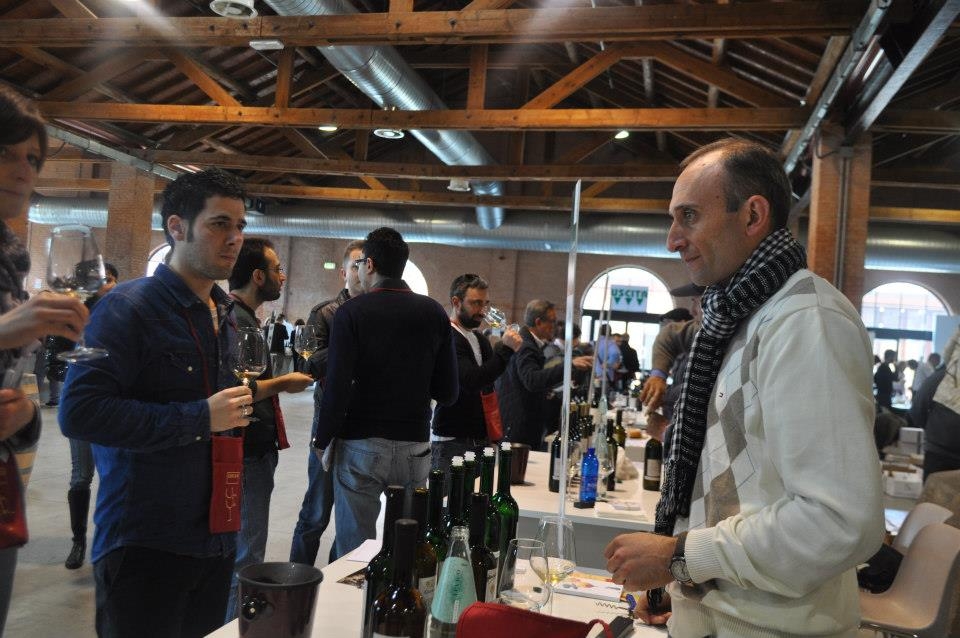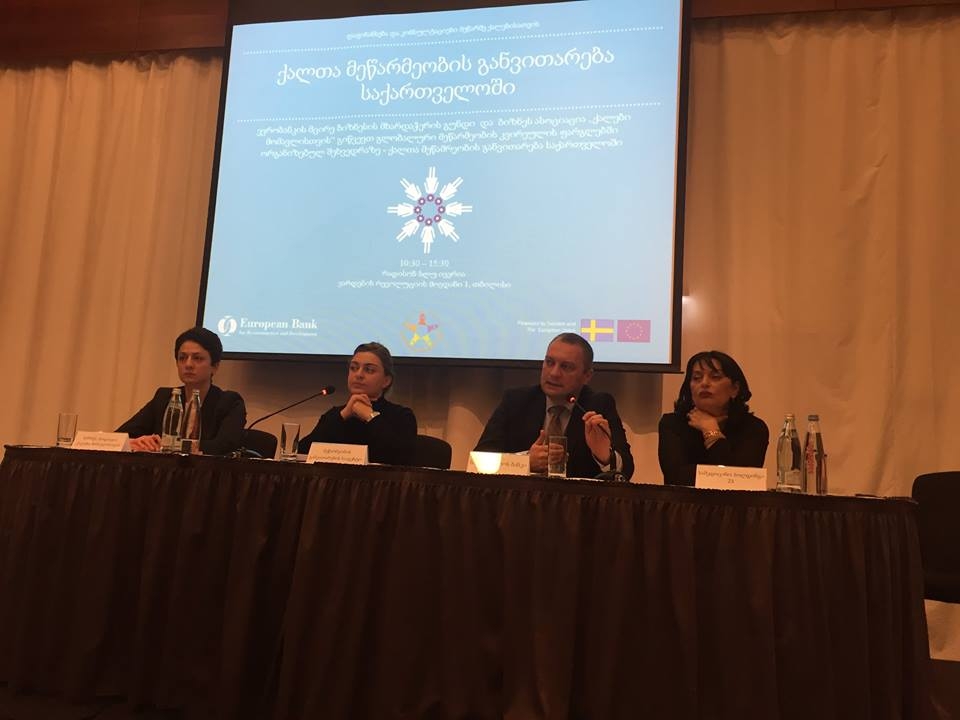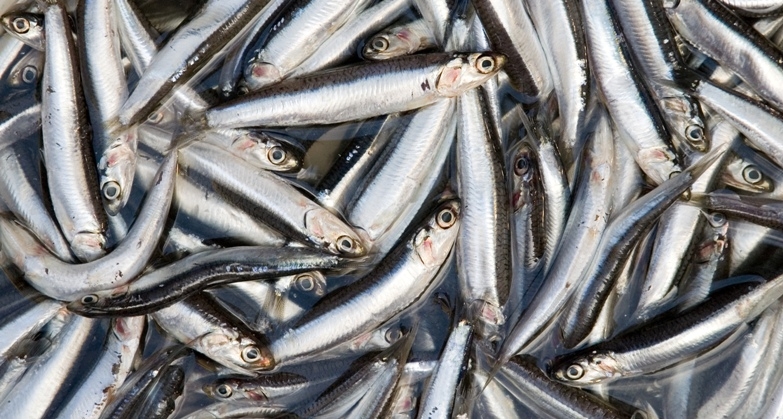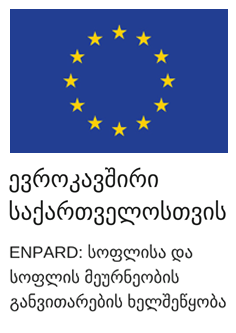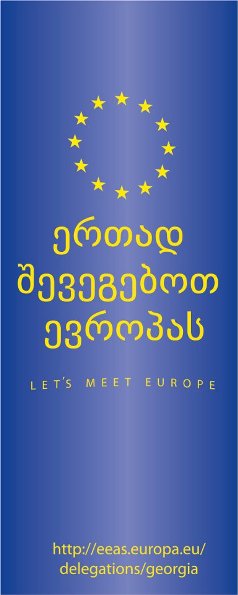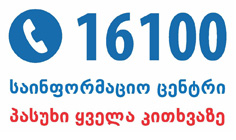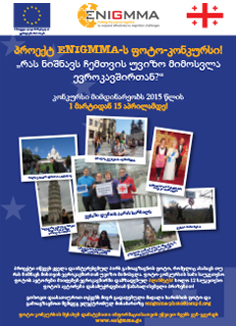New industrial way of Europe - Environmental Protection and digital technologies

On March 10, the European Commission published a policy document defining the industrial strategy. The EU highlights the environment and the digital industry as part of a new industrial strategy. The European Commission clarifies that "twin" ecological and digital transformation will affect all parts of the European economy, society and industry. New technologies will be needed. New products, services, markets and business models will be created, leading to the creation of new types of jobs that do not yet exist. It will also create a demand for new skills that people do not yet have.
The new industrial strategy also creates new challenges and opportunities for clusters, as their role is important for the development of both areas named by the European Commission.
The goal of the digital industry is to develop the IT sector and includes the following areas:
Computers and hardware production;
Programming;
Provision of digital communication infrastructure;
Consulting services
Germany, Sweden, Norway, Austria and Denmark are among the leading European countries in terms of digital industry development.
"Kosice's field cluster", located in Slovakia, was named as an example of a successful digital cluster by the EU commission’s study published in 2017. The aim of the cluster is to establish a regional partnership between IT companies, educational institutions and regional governments in order to promote improvement of educational programs, create a wide range of jobs for skilled workers and develop a common sector strategy which is important for improving the quality of life of local people.
Cluster focus on education, innovation and collaboration. The cluster is working in a broader direction and attracting investment in the sector is also a part of its priorities. The cluster is managed by a sectoral association established in 2007 as a joint initiative of the state, educational institutions and leading IT companies. 10 years after its creation, member companies have generated up to 10,000 jobs by 2016.
Environmental Protection industry includes the following subsectors:
· Renewable energy
· Materials and energy efficiency;
· Waste management, reusables, recycling and secondary production
· repair and maintenance
· A sharing economy that includes rental and leasing;
· Environmental services.
European Commission study on environmental protection in 2017 highlights “Green tech Cluster”, located in Stiria, Austria. This cluster is considered as a “Green Heart” of Austria.
The cluster was established in 2005 and its activities are related to the development of green innovation. The cluster unites 20 global leaders in the sector, which are located closely with each other. The member companies are growing almost twice as fast as the global market average and create more than 1,000 jobs each year.
The cluster supports the development of research projects, the evaluation of technological trends and new opportunities, and the establishment of global contacts. According to the 2015-2020 strategy, it will focus on the main areas of green innovation, such as green energy (biomass, water and solar energy), green construction and green resources (recycling). The cluster plans to implement 100 new, innovative projects during the 5 years. Among the successful projects implemented with the participation of the “Green Tech Cluster” is the world's first glass skyscraper in the city of Graz, which generates electricity through "energy glass" technology.
The production of electric car batteries is in Styria. Safe recycling of such batteries is crucial in waste management of lithium batteries. The cluster has been named world leader in the filed of environmental technology many times.
From the two directions discussed above, ICT cluster exists in Georgia. The cluster was created in 2017 with the help of the German Society for International Cooperation (GIZ).
Author: Mariam Saldadze
The article is prepared with the financial support of the Ministry of Foreign Affairs of Lithuania and "Development Cooperation and Democracy Promotion Programme."
